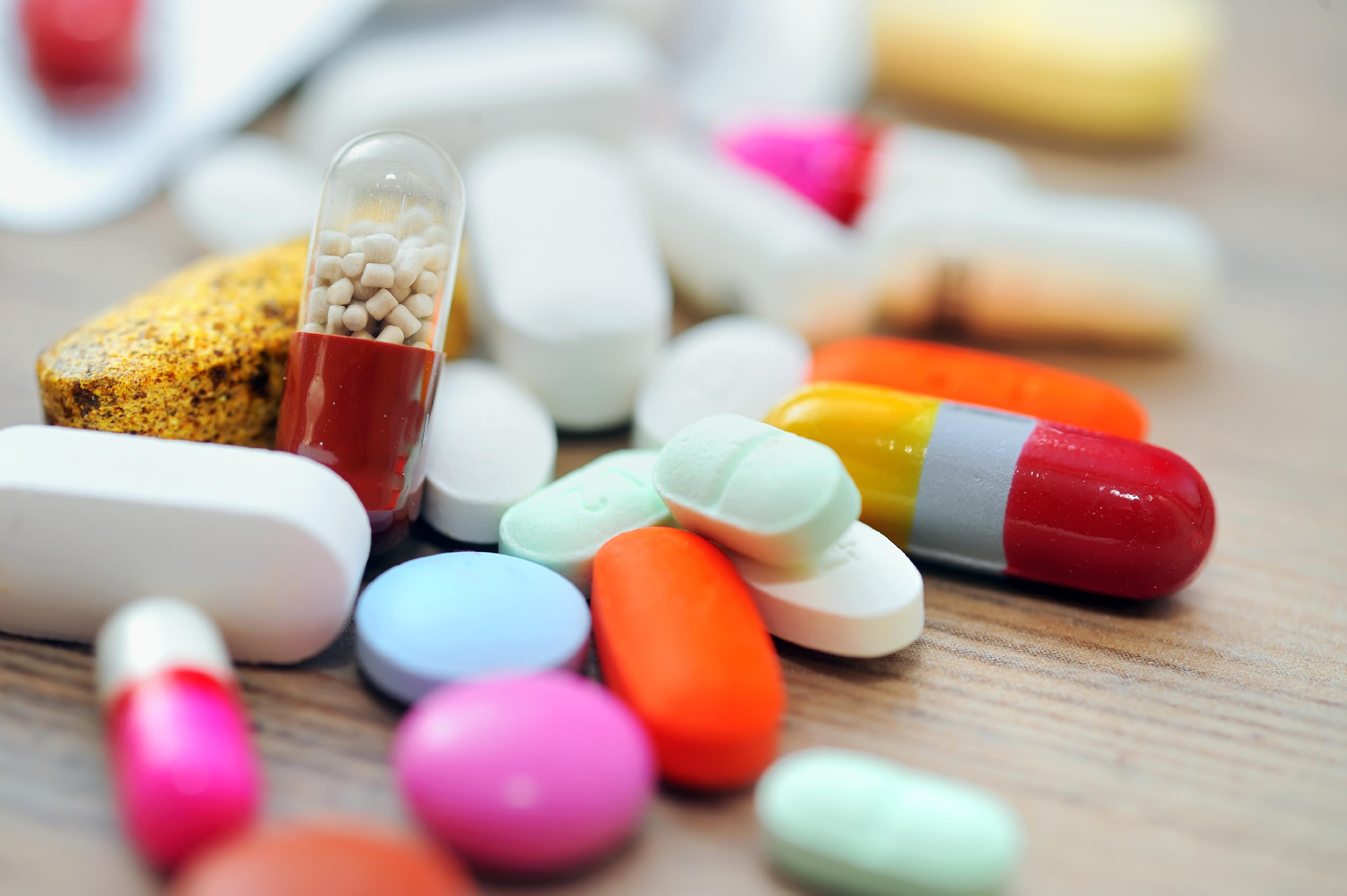Medicines can treat diseases and improve your health. If you are like most people, you need to take medicine at some point in your life. You may need to take medicine every day, or you may only need to take medicine once in a while. Either way, you want to make sure that your medicines are safe, and that they will help you get better. In the United States, the Food and Drug Administration is in charge of ensuring that your prescription and over-the-counter medicines are safe and effective.
There are always risks to taking medicines. It is important to think about these risks before you take a medicine. Even safe medicines can cause unwanted side effects or interactions with food, alcohol, or other medicines you may be taking. Some medicines may not be safe during pregnancy. To reduce the risk of reactions and make sure that you get better, it is important for you to take your medicines correctly. You should also be careful when giving medicines to children, since they can be more vulnerable to the effects of medicines.
What is medicine?
Medicine is the field of health and healing. It includes nurses, doctors, and various specialists. It covers diagnosis, treatment, and prevention of disease, medical research, and many other aspects of health.Medicine aims to promote and maintain health and wellbeing.Conventional modern medicine is sometimes called allopathic medicine. It involves the use of drugs or surgery, often supported by counseling and lifestyle measures.Alternative and complementary types of medicine include acupuncture, homeopathy, herbal medicine, art therapy, traditional Chinese medicine, and many more.

Fields of medicine:
Modern medicine has many fields and aspects. Here are some of them.
Clinical practice
A clinician works with patients in a health setting.
A clinician is a health worker who works directly with patients in a hospital or other healthcare setting. Nurses, doctors, psychotherapists, and other specialists are all clinicians.Not all medical specialists are clinicians. Researchers and laboratory workers are not clinicians because they do not work with patients.The physician assesses the individual, with the aim of diagnosing, treating, and preventing disease using knowledge learned from training, research, and experiences, and clinical judgment.
Biomedical research
This area of science seeks ways to prevent and treat diseases that lead to illness or death.Biomedical scientists use biotechnology techniques to study biological processes and diseases. They aim to develop successful treatments and cures.Biomedical research requires careful experimentation, development, and evaluation. It involves biologists, chemists, doctors, pharmacologists, and others.
Medications
This field looks at drugs or medicines and how to use them.Doctors and other health professionals use medications in the medical diagnosis, treatment, cure, and prevention of disease.
Surgery
Surgical procedures are necessary for diagnosing and treating some types of disease, malfomation, and injury. They use instrumental and manual means rather than medication.A surgeon may carry out a surgical procedure to remove or replace diseased tissue or organs, or they may use surgery to remove tissue for biopsy. Sometimes, they remove unwanted tissue and then send it for diagnosis.
Medical devices
Health professionals use a wide range of instruments to diagnose and treat a disease or other condition, to prevent a worsening of symptoms, to replace a damaged part — such as a hip or a knee — and so on.Medical devices range from test tubes to sophisticated scanning machines.